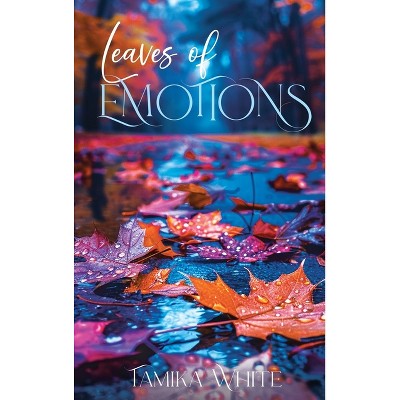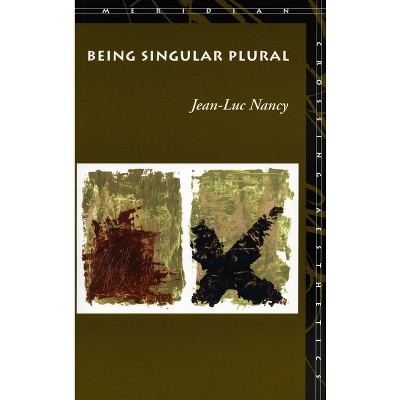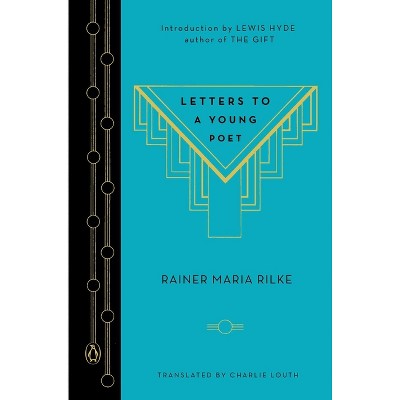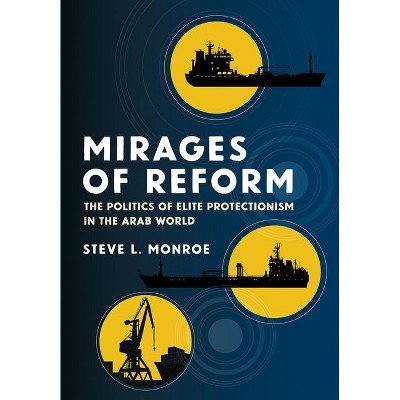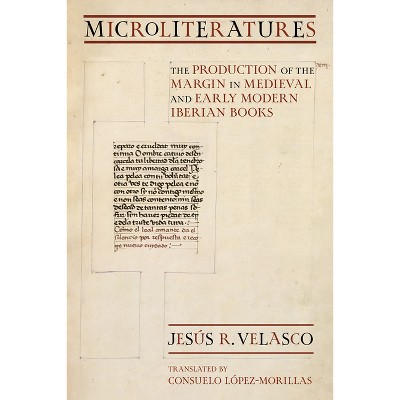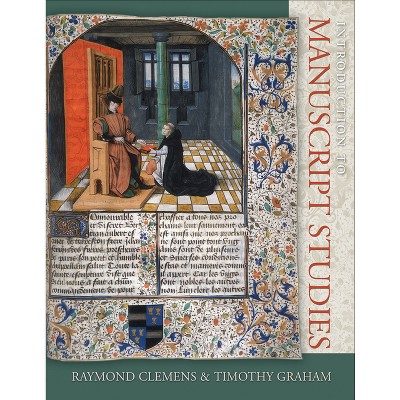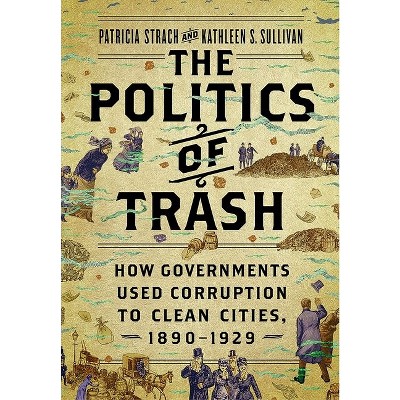Sponsored

The Work of Reform - by William Rhodes
In Stock
Sponsored
About this item
Highlights
- The Work of Reform interweaves literary, economic, and environmental history to trace the influence that William Langland's harsh vision of enforced agrarian labor in Piers Plowman had on later medieval and early modern thinking about land and improvement in Britain and Ireland, culminating with Edmund Spenser's colonial writing.
- About the Author: William Rhodes is Assistant Professor of English at the University of Iowa.
- 246 Pages
- Literary Criticism, Medieval
Description
About the Book
""This book considers the influence of Piers Plowman on Edmund Spenser's writing about Ireland. It traces the interaction of medieval husbandry manuals with poetry about agrarian land and labor and shows how these related traditions shape the formation of colonial thought in Spenser's poetry and prose"--Provided by publisher"--Book Synopsis
The Work of Reform interweaves literary, economic, and environmental history to trace the influence that William Langland's harsh vision of enforced agrarian labor in Piers Plowman had on later medieval and early modern thinking about land and improvement in Britain and Ireland, culminating with Edmund Spenser's colonial writing. William Rhodes brings together a rich poetic archive with agrarian husbandry manuals, prose polemics, and imperial tracts to connect conflicts over land and labor on the English manor to those of Tudor Ireland, offering a new eco-Marxist literary history of ecological transformation across the medieval-modern divide.
In the aftermath of the Black Death, the depopulation of the countryside, and the beginnings of the Enclosure Movement, English poets imagined enforced labor as a panacea for social unrest precipitated by environmental catastrophe. Arguing that Piers Plowman established how poetry could envision religious and economic transformation based on agrarian production, The Work of Reform reveals that the Piers Plowman tradition's valorization of agrarian toil was open to appropriation by later writers developing totalizing, top-down colonialist projects.
About the Author
William Rhodes is Assistant Professor of English at the University of Iowa.
Shipping details
Return details
Frequently bought together

Trending Paperback Books




